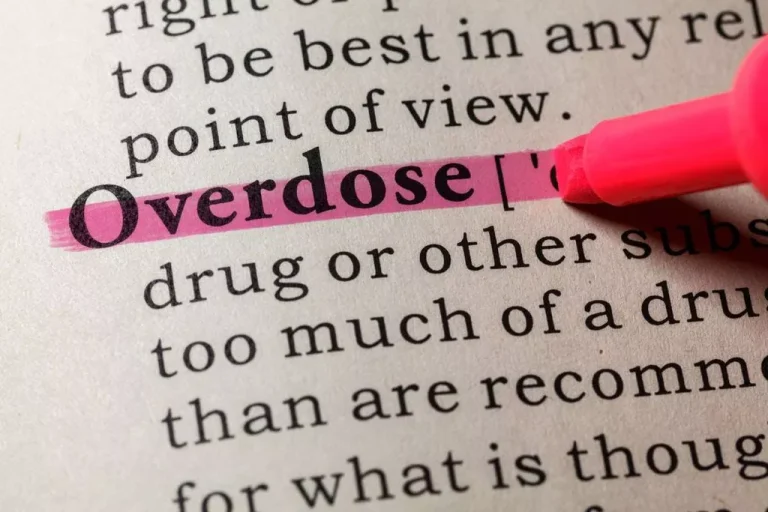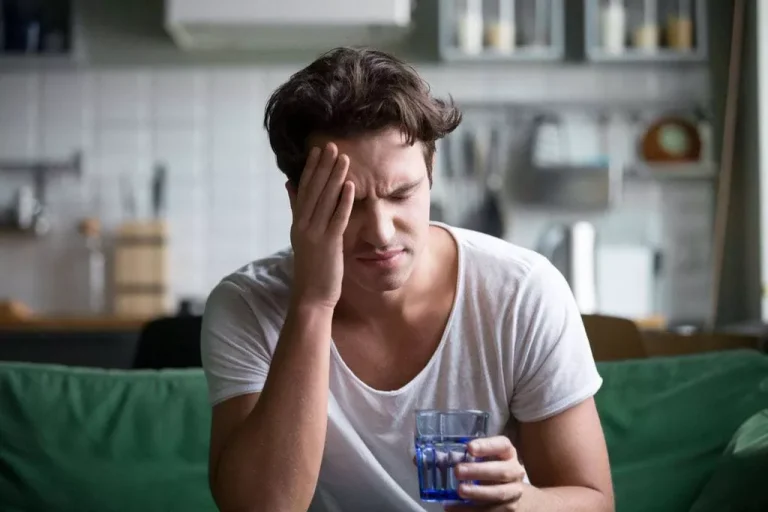Everything you should know about alcohol overdose

People often consume alcohol because it has a relaxing effect. In addition, drinking allows the establishment of meaningful social bonds. However, consuming large amounts of strong drinks, even once, can cause serious health problems. If you or your loved ones often experience alcohol overdose, you should consider treatment and stay at sober house in Roslindale or other districts of Boston.
The Centers for Disease Control and Prevention (CDC) claims that excessive strong drink consumption is responsible for more than 140,000 deaths yearly in the US. Let’s talk about ethanol overdose, its symptoms, what is the specific first aid training, and where in Boston to get treatment help.
The definition of alcohol overdose
An alcohol overdose (OD) is the excessive consumption of strong liquor, often for a short period. In most cases, our liver may process one strong drink per hour. If you consume more than the indicated dose, such a vital organ redirects alcohol around the body, increasing its concentration in the blood (BAC). If the consumption of hard liquor exceeds the recommended amount, the BAC may reach toxic levels, causing an overdose.
Why is this happening? Alcohol drinks are depressants that slow down various processes in the body. It leads to confusion of consciousness and a decrease in cardiac activity, respiration, and pressure. When using a lethal dose of a strong drink, BAC levels can altogether disable these functions, causing an overdose. In this case, medical attention and further services of alcohol rehab in Roslindale are required.

Take back control of your life and start on the road to recovery now.
Who is at risk?
Any person who consumes a lot of strong drinks for a limited time is at risk of an overdose. It is especially true for those who abuse alcohol; their blood ethanol concentration is 0.08 percent or more. However, according to the Addiction Rehabilitation Center in North End, several risk factors increase your chances of overdosing, including:
- Age: young people drink more frequently, which leads to severe problems.
- Gender: according to statistics, men are more likely than women to consume vodka and whiskey in large quantities.
- Body: how much alcohol does it take to overdose depends on height and body weight. The lower the person’s weight, the faster he experiences the effects of ethanol.
- Tolerance: significant tolerance to strong drinks or rapid consumption of strong beverages, e.g., during fun games, causes an overdose.
- Drunkenness: alcohol abuse (using more than five strong drinks per hour) also increases the risk of overdose. Therefore, people who do not know when to stop drinking need strict treatment and recovery at the sober house in Roxbury.
- Different health conditions: people are suffering from various diseases, e.g., are at greater risk of overdosing.
- Addiction to drugs: with a combination of drugs and alcohol, a person may not feel intoxicated. That’s why he can drink more, fraught with an OD.
A certain amount of strong liquors may cause an alcohol overdose in any person, but this figure largely depends on gender, age, weight, health status, etc. Do not think that if someone else may drink a lot of alcohol, you can use the same amount without the risk of intoxication. If you notice the slightest signs of addiction, you must start an alcohol rehab program in Roslindale.

The main symptoms of ethanol overdose
Signs of alcohol overdose can vary from person to person, but they are usually noticeable and prominent. A man under the influence of a strong drink does not always have all the symptoms. However, the Addiction Rehabilitation Center in Roxbury gives information about the following signs of alcohol abuse:
- change in the psychological state, confusion of consciousness is often observed, a stupor or a person cannot be awakened
- vomiting
- paleness or blueness of the skin
- decrease in body temperature
- fainting
Alcohol depresses the nervous system, which may lead to serious health problems if you consume a strong drink faster than your liver can process. The most common complications include:
- irregular breathing (less than eight breaths in 60 seconds),
- cardiac arrest due to a decrease in body temperature,
- seizures due to a drop in blood sugar levels.
Even if the person is alive, an alcohol overdose can cause permanent brain damage. Rapid drunkenness is especially dangerous, e.g., when a man consumes a lot of strong drinks on a dare since a drunkard can swallow a lethal dose before he loses consciousness. If problems with drinking continue, the person should undergo Alcohol Treatment in North End.
Alcohol overdose antidote
It is essential to know the OD symptoms and if you suspect someone feels unwell after drinking, call 911 immediately. We do not recommend waiting until the person has all signs, as the person who passes out may die. Do not self-medicate because cold showers, hot coffee, and walks do not eliminate the effects of an overdose but, on the contrary, can worsen the situation.
Modern medicine offers different methods of treatment, including an alcohol overdose antidote. The following drugs help to relieve the patient’s condition:
- Metadoxine: such medicine is prescribed for acute and chronic intoxication. Its principle is to remove alcohol from the blood quickly.
- Fomepizole: sometimes, alcohol overdose occurs without the use of strong drinks. It is due to the ingestion of various antifreeze and solvents, which leads to methanol or ethylene glycol poisoning. Fomepizole helps to eliminate the symptoms of intoxication, and it is sometimes used in conjunction with hemodialysis, a mechanical blood filtration process.
Always be on the lookout during birthday celebrations to keep yourself and your family safe. Remember, alcoholism is a problem that can and should be fought. It is not enough to undergo medical treatment; a person must radically change the way of life and the system of values; you may find out more about this at sober homes in Roxbury.

This can be a difficult journey, but you don’t have to go it alone. Let us be your guide and provide you the environment needed to regain control of your life and begin the path to recovery.
Prevention of alcohol overdose
The basic rule that allows you to avoid an overdose of alcohol is to drink responsibly. Control the amount of alcohol consumed and do not exceed the limit of one standard strong drink per hour. If you revel in the company, make sure you and your friends have the happiest experiences by:
- Eating before and during drinking.
- Drink water between drinks to prevent dehydration.
- Form a «friend system» where you have a partner who serves your strong drink consumption.
If you are experiencing symptoms of an alcohol overdose, your drinking may cause concern – the more sights, the greater the need for change. Only a healthcare professional can assess your symptoms to anticipate the need for an alcoholism treatment program in North End.




